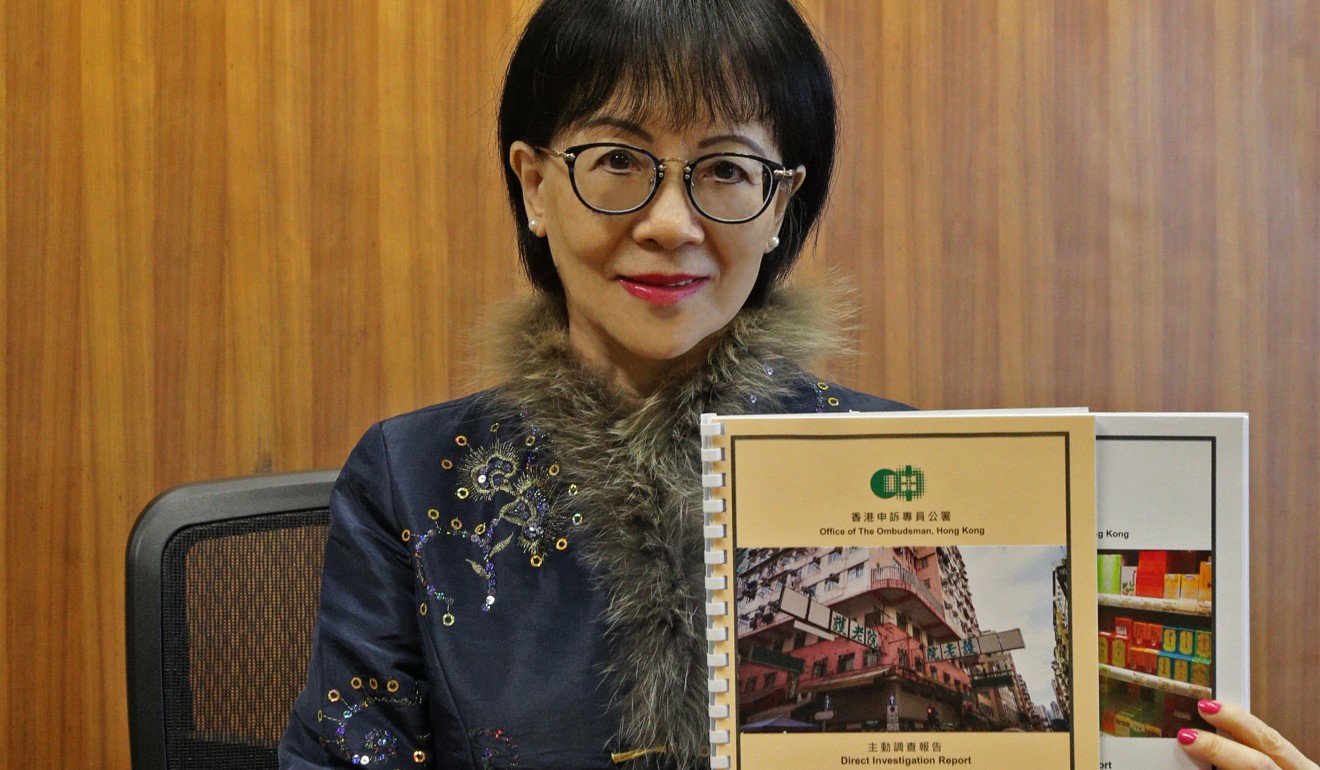
How just tiny drop in ingredients can allow manufacturers of Chinese medicine avoid stringent regulation
- Ombudsman Connie Lau reveals legal loophole as she announces investigation into Hong Kong’s regulation of proprietary Chinese medicine
- Ordinance defines Chinese medicine as being composed solely Chinese ingredients, allowing manufacturers to circumvent scrutiny with dash of something extra
A tiny drop of a non-Chinese medicine is enough to allow Hong Kong manufacturers to evade registering their product as Chinese medicine – and thus greater scrutiny – thanks to a legal loophole.
Under the Chinese Medicine Ordinance, a Chinese medicine is defined as any product composed solely of, for example, any Chinese herbal medicine, or any materials of herbal, animal or mineral original customarily used by the Chinese.
It means manufacturers could simply circumvent the ordinance and not register the product as Chinese medicine if they add an ingredient such as grapeseed.
“This is a loophole,” Ombudsman Connie Lau Yin-hing said on Thursday, as she announced an investigation report into the city’s regulation of proprietary Chinese medicine.
“Some Chinese health care products may have the same name as some registered Chinese medicines. The effects [stated on the packaging] are the same. The ingredients are mostly the same … but the health care products are not regulated by the ordinance.”
Lau said the problem with non-registered products was whether they posed a health threat to users.
The Ombudsman urged the government to “plug the loophole”.
But when asked whether she wanted products with even a drop of Chinese medicine ingredient to be registered, she said she would leave it to the government to make a decision.
The report also found that products with a transitional registration could be sold, removing any incentive for a manufacturer to get a full registration, requiring more stringent tests on a product’s safety level and effectiveness.

Most products with a transitional registration had been on sale for about 20 year, the report added.
In response, the Food and Health Bureau and Department of Health said they would actively follow up on the Ombudsman’s recommendations.
The department conducted more than 10 consultation sessions since early 2018 to collect views on the definition of proprietary Chinese medicine under the Chinese Medicine Ordinance, a government statement said.
Products with a transitional registration are safe for consumption, the statement added.
Lau Oi-kwok, Hong Kong General Chamber of Pharmacy’s vice-chairman, said the public was in general not clear about the regulation of Chinese medicine.
“People do not clearly understand Chinese herbal medicine and proprietary Chinese medicine … they are not that as familiar as they are with western medicine,” Lau said, noting he was also confused by the definition of proprietary Chinese medicine.


